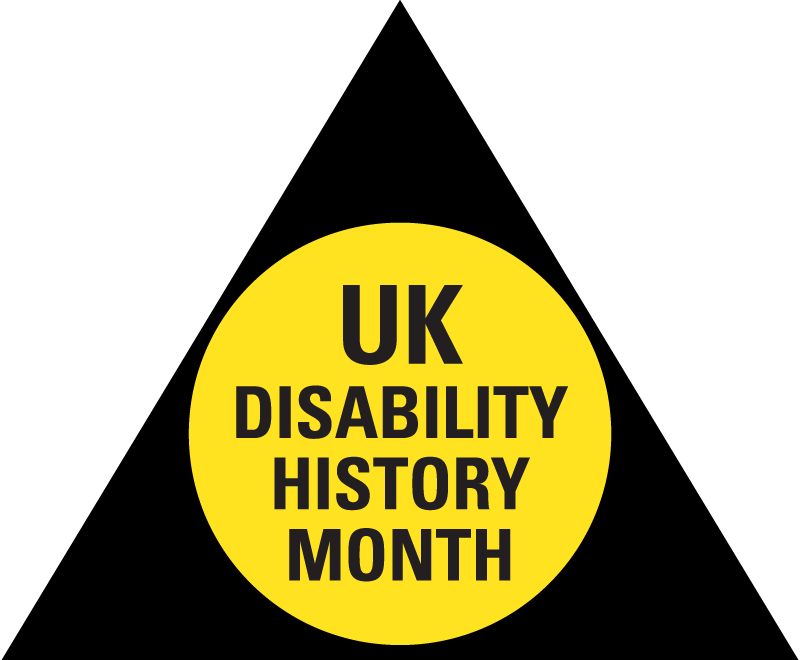This year, disabled people in the community have already protested nationally, in May and in October in around 14 areas, about being the “hardest hit” with the latest range of government cut backs.
For the first time in history the large disability charities have linked up with the smaller disabled-led organisations for this campaign.
On the face of it, the government has turned it’s back on the consensus that there has been, over the last 30 years, support to disabled people in their homes -by giving them sufficient income to live independently and on a reasonable level.
What we now face in the community is people being forced into poverty and forced off the benefits that they have been getting. It is as if we are entering a modern day equivalent of the work-house, run by privatised companies such as ATOS – a French company reported to have cut many peoples benefits.
If this has happened to you contact your local disabled peoples coalition or DPAC and become, rather than a passive receiver, part of the solution, by challenging the wrong thinking of our government on this issue.
This isn’t the first time that disabled people have had to fight for their rights, nor will it be the last time, but it may well be useful in your struggles to look back and the way people used to be treated in the 19th and early 20th century. It was during these times that we were often locked away in long-stay mental hospitals or in the work house, and non-disabled professionals determined what would happen to us and we had no say in this.
These profoundly undemocratic ideas are again on the prowl in the corridors of power.
What can you do to help in your community?
In Shops:
- Check the number of shops accessible to wheelchair users-entrance, circulation space, changing rooms, lifts, assistance and tills.
- Check what adjustments are in place for blind, deaf or shoppers with learning difficulties.
In Restaurants:
- Do restaurants allow guide dogs?
- Are there tables everyone can get round?
- Is there a pictogram menu?
- Do staff know how to lip speak for deaf customers or describe the meals for blind customers?
- Are customers who behave differently accepted?
